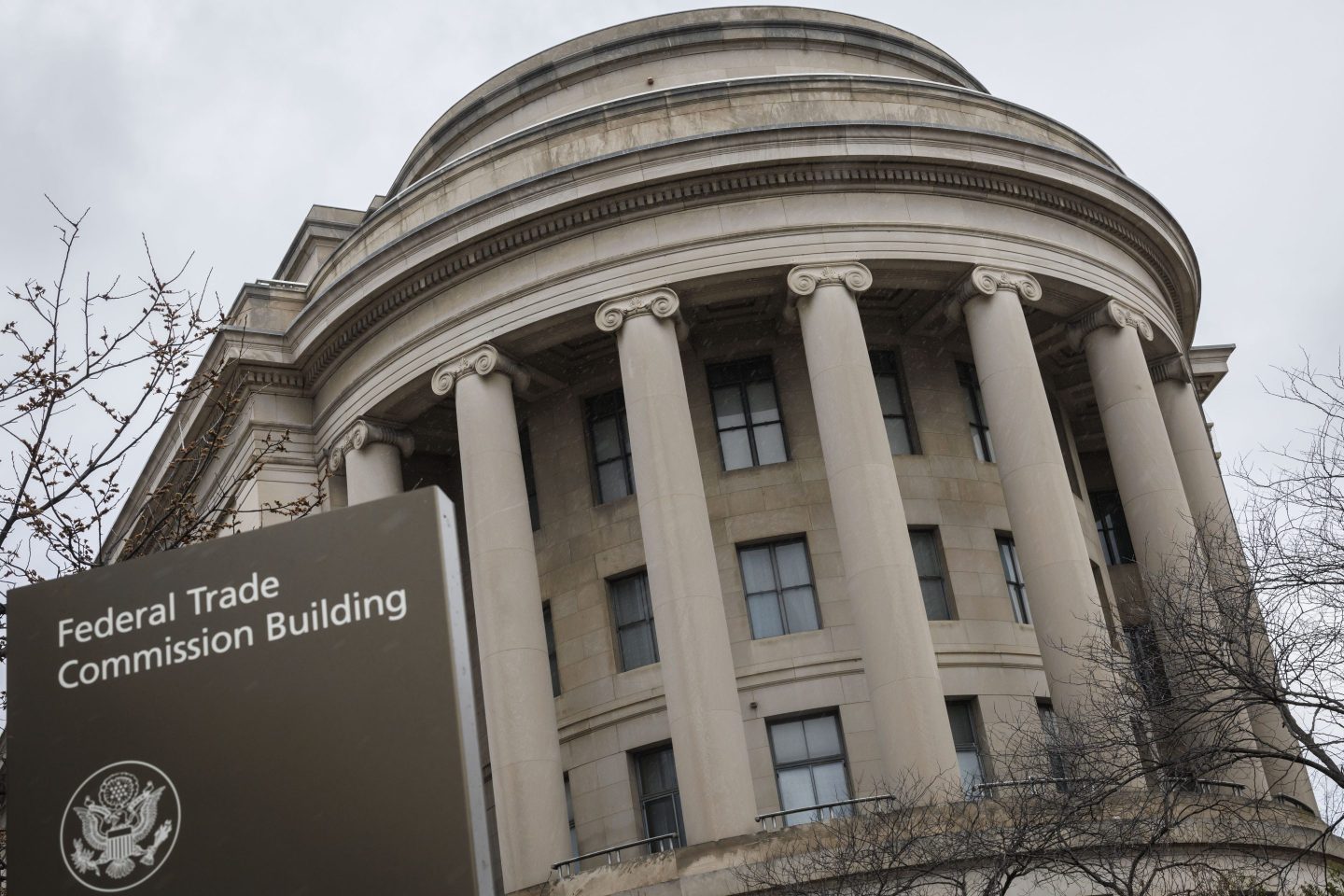The Federal Trade Commission banned noncompete agreements for the vast majority of U.S. employees earlier this week—a move that impacts about 30 million Americans, and is scheduled to take effect within 120 days.
Often associated with highly-paid workers and executives, noncompete clauses actually apply to nearly one quarter of all Americans, and the FTC blamed them for suppressing wages and entrepreneurship.
If the FTC successfully fends off legal challenges, the death of noncompetes is expected to shake up recruiting for employers in all types of sectors, provide more freedom to workers, and make the war for talent even more intense. But experts tell Fortune there are other ways companies will try to look out for their interests, and in the absence of noncompete agreements, they expect to see a tidal wave of nondisclosure and nonsolicit arrangements.
“A lot of companies now will take action to protect themselves in other ways. Whether it’s putting in paid notice periods in their contracts before termination, broader nondisclosure agreements, or broader nonsolicit agreements,” Peter Rahbar, an employment attorney and workplace expert, tells Fortune. “But they will not be as clear and as effective as a noncompete.”
Companies use noncompete agreements to ensure they don’t lose their best employees to a competitor, and to make sure that former employees don’t share confidential information. But there are other legal clauses that help do those things as well, or at least something similar. Nondisclosure agreements (NDAs) ensure of a company’s ideas and information remain confidential, while nonsolicit agreements protects a business’ clients from being poached by a former employee.
Stefanie Camfield, assistant general counsel for Engage PEO, an HR consulting company, tells Fortune she’s received a flood of noncompete inquiries following the FTC ban, with notable interest in NDAs, nonsolicits, and other confidentiality safeguards.
“They’re trying to determine what the impact of this is going to be,” she says. “Nondisclosure agreements, confidentiality agreements, and nonsolicitation agreements are all things that they can work with their legal counsel on.”
But a corporate rush to fill the void of noncompete bans with other kinds of contracts may be misguided, Jennifer Tosti-Kharas, a professor of organizational behavior at Babson College, tells Fortune. Workers with highly-classified knowledge are likely already working at a company with established confidentiality agreements and patents, and probably wouldn’t turn around and spill secrets to a rival employer.
“This worst case scenario that companies are picturing, where someone takes the keys to the kingdom and goes to their number one competitor and burns it all down, just raises the question of: who are you hiring?” she says. A highly-skilled employee’s professional reputation acts as a natural buffer to any temptation to dish out private information.
But when it comes to companies avoiding losing their employees to competitors, experts say that any legal maneuvering should be combined with rethinking their people strategies. Once NDAs and nonsolicits are in place, companies can be proactive in protecting themselves by convincing workers to stay and develop their skills in-house.
“Whether it’s with engineers or scientists, those people aren’t getting poached every single day. They got poached when they’ve either reached the end of the line at a company, have a pay dispute, are not treated well, or a larger equity opportunity comes up,” Rahbar says.
Tosti-Kharas adds that listening to what employees want, and heeding their demands, will be a big piece of the puzzle moving forward.
“[Employees] are saying, ‘I really want more flexibility and autonomy,’” Tosti-Kharas says. “It could be things like continuing education and professional development. Because, increasingly, you’ve got to convince employees to stay.”













